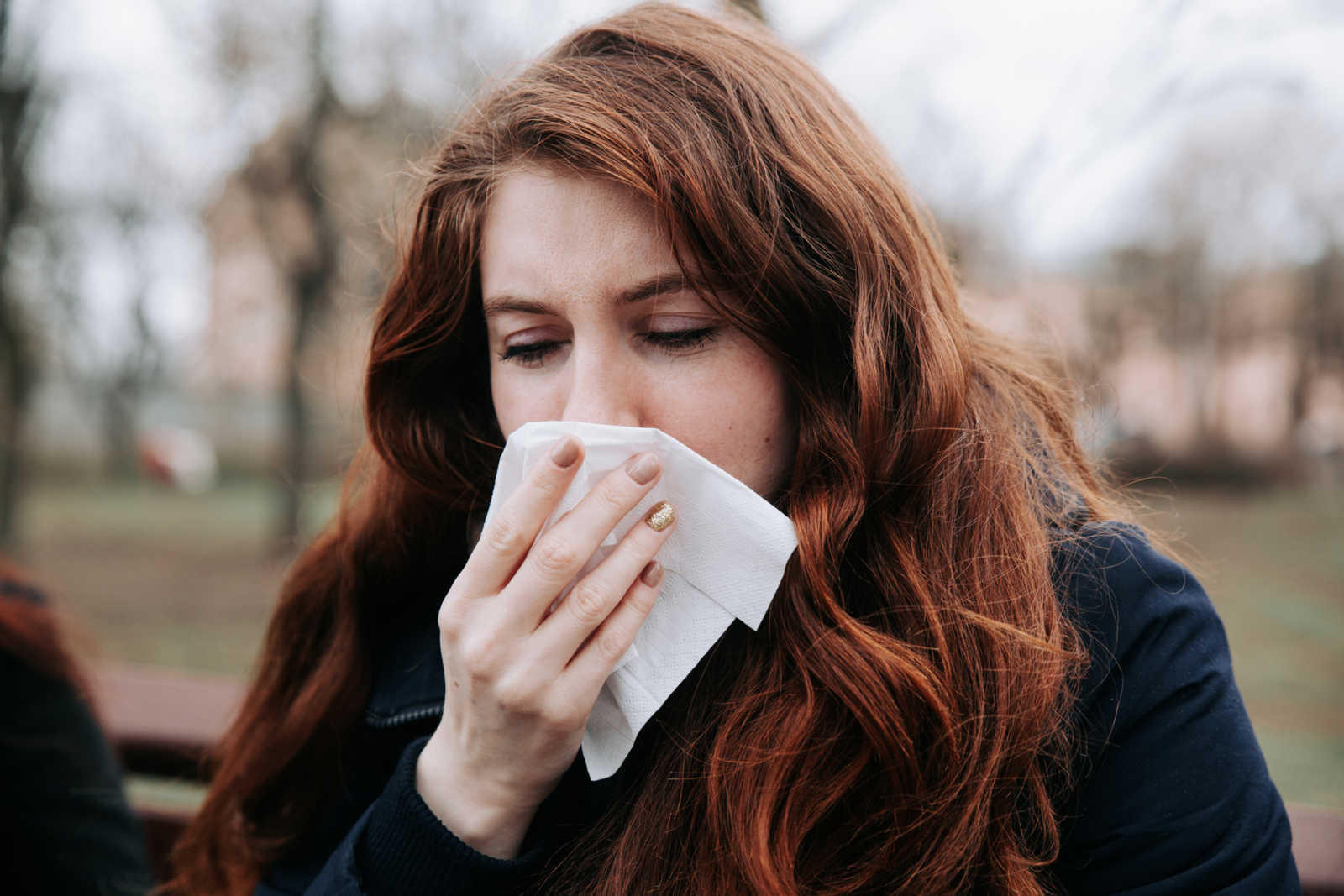
Top 5 Most Challenging Cities For Allergens
Allergies are a common health issue that can cause a range of symptoms, from mild discomfort to severe respiratory problems—allergic triggers like food allergies, drug allergies, insect bites and airborne allergies—can significantly impact your breathing and quality of life. Some cities are more prone to allergies than others due to various factors, including the local climate, pollution levels, and the prevalence of allergens in the environment. Understanding where allergies are most prevalent can help individuals take steps to manage their symptoms and avoid triggers in these regions. Here are the top 5 most challenging cities for allergens:
1. Phoenix, Arizona
Phoenix has consistently ranked as one of the worst cities for allergic reactions due to its hot, dry climate and high levels of pollution. Dust and pollen from desert plants can trigger allergic conditions, and the city’s large number of cars and factories contribute to high levels of air pollution.
2. Atlanta, Georgia
Atlanta is known for its high humidity levels, which can foster the growth of mold and trigger allergic reactions. The city also has a high concentration of trees and plants, which release pollen during the spring and fall seasons. Additionally, air pollution from cars and industrial sources can worsen allergies.
3. Austin, Texas
Austin has a warm, humid climate that provides a fertile environment for mold growth, and the city is home to many allergenic plants, including oak, elm, and cedar. Additionally, the city’s rapid growth and development have contributed to increased levels of air pollution, which can exacerbate allergic conditions.
4. Portland, Oregon
Portland has a reputation for being a “green” city, but its high levels of rainfall and mild temperatures can lead to mold growth in homes and buildings, triggering allergies. The city is also home to many trees and plants that release pollen, such as alder, birch, and cedar. Additionally, the city’s industrial activity contributes to air pollution, which can worsen allergic conditions.
5. Memphis, Tennessee
Memphis has a humid climate that can encourage mold growth, and the city’s location on the Mississippi River means that it is home to many allergenic trees and plants. The city also has a high concentration of industrial activity, which can increase levels of air pollution and worsen allergic reactions.
In each of these cities, individuals who suffer from the following should take steps to manage their symptoms:
- Asthma and rhinitis
- Eosinophilic esophagitis
- Oral allergy syndrome
- Atopic dermatitis
- Angioedema
Precautions such as avoiding allergens, using air filters, and seeking medical treatment if necessary. By understanding the factors that contribute to high levels of allergens (i.e., food allergies, drug allergies, insect bites, airborne) in these cities, individuals can take proactive steps to reduce their exposure and maintain their health.



